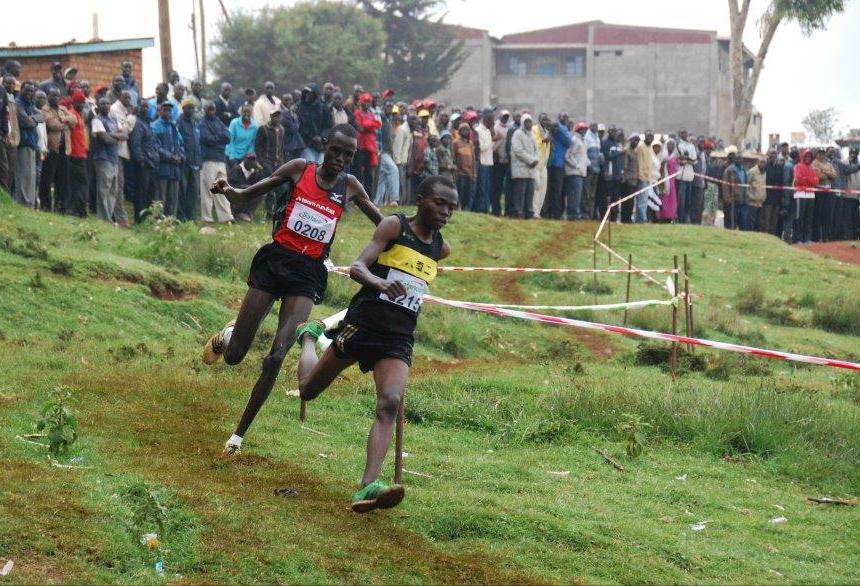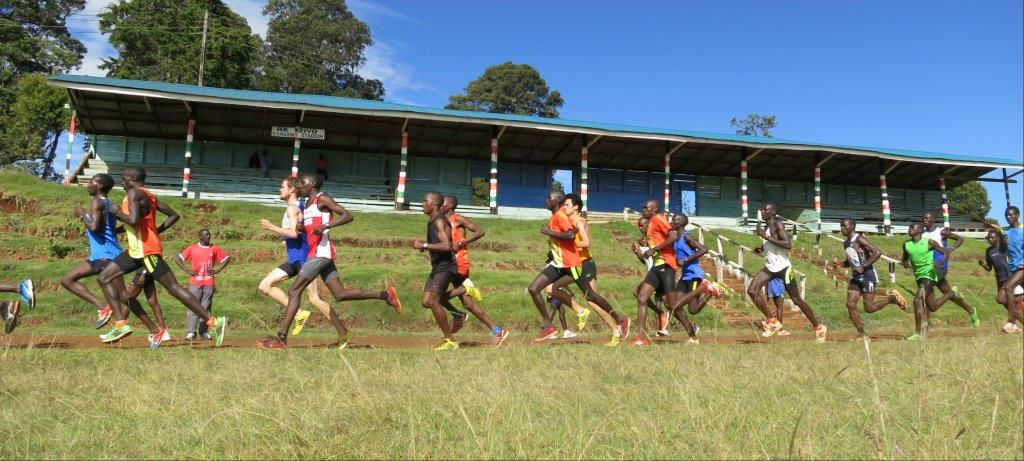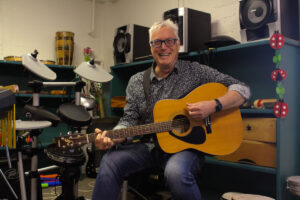NZ runner trains in remote Kenyan village
Wintec journalism student, and ardent runner, Sarah Biss reflects on her time training in the remote Kenyan village of Iten.
Iten. It is not in the Lonely Planet, nor will you find it in glossy brochures decorated with elephants and zebras. It is a very small, very dusty town in a remote pocket of the Rift Valley. Tap water is unsafe to drink, power cuts are frequent, and there is rubbish – everywhere.

Amongst the rubbish you will find kids, goats, cattle, sheep, shanty style “shops”, and quite a few Olympic medallists and world record holders. Yes, indeed. This is where the crème de le crème of world athletics hang out, as they have done since the 70s – and that is why some of us are drawn there.
The running culture here transcends the rugby culture in NZ. Think of Indian kids and cricket. There is desperation, and a passion. Distance running for Kenyans is not a Saturday pastime, it is a chance to escape the poverty cycle, transform their lives, families and communities.
You can sense that desperation at both ends of the day, on the red dirt roads surrounding Iten. Hundreds of Kenyan runners methodically logging miles, many in large groups, some lone wolves, all patiently wearing down the rubber soles of their shoes and gradually building upon that mountain of hard work required, not over weeks or months, but years upon years.

At the same time the next generations are running too – but to and from school and as part of play. The most sophisticated toy here is a kite – a plastic bag on a string. These kids run, skip, sprint, it is as natural to them as the goats they herd, and already they have those liquid strides, long thin elastic limbs, and above all – the desire to win.
Life as a “mzungo” (white person) in Iten is humbling, fascinating, frustrating and challenging. The training is hard, but then toss in altitude, the dust and just how damn good all these runners are. Group fartlek runs attract 200 athletes at a time – daunting for a single white face. The days are simple, yet surprisingly full. Hand washing to be done and safe drinking water to collect and cart. Finding good food is not easy.
Part of Iten’s charm is the people – but many just want citizenship or plane tickets. I tired of marriage proposals and the reduced standing of females. In a remote Maasai Village I was proposed to once again, by a young Maasai Warrior – who just moments before had advised me that in their polygamous society, “our women come after our cattle”.
So I return to NZ without a Maasai warrior but with a greater appreciation for Kenyan athletes and comforts of home. I went there for the running of Iten, but have been affected just as much – if not more – by the children, landscapes and wild animals. Colourful, chaotic Africa has a pulse and a soul that is impossible to declare on a customs form, but returns with you, and stays with you.




